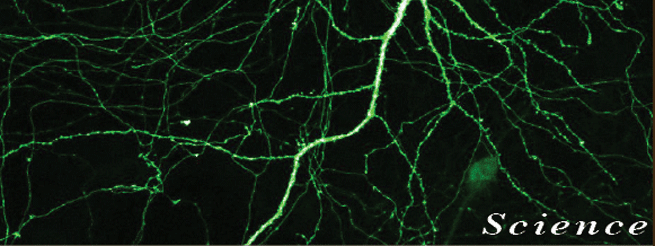
Science
We Thank You.
Papers Recently Published
If there is any religion that would cope with modern scientific needs, it would be Buddhism.
Albert Einstein
When the facts change, I change my mind. What do you do, sir?
John Maynard Keynes
The point of practice is to avoid fooling yourself.
Zen saying
For thousands of years, philosophers, poets, mystics, and ordinary people have wondered about human experience: What is the nature of, and what causes, all those sensations, thoughts, feelings, desires, and sense of “me?”
Building on that foundation, the modern sciences of psychology and neurology have been slowly but surely establishing a body of knowledge about the mind and its relationship to the brain and the body.
This emerging “science of mind” is in its infancy, particularly when compared to scientific fields such as astronomy or chemistry, and a certain humility is called for.
That said, these are very exciting times, since enough information has emerged to begin connecting some of the major dots, shedding real light on questions like these:
- How might the mind and brain be connected? When the mind changes, how does the brain change, and vice versa?
- What is happening in my mind/brain when I feel upset? Or peaceful or loving or happy?
- How are the brains of people connected, in some sense, with each other?
- What’s going on in the mind/brain when a person is having a personally meaningful insight? Meditating? In a state of deep absorption or bliss? Or – if it is even possible to ask – in communion with God, or in Nirvana, or in a condition of Enlightenment?
- What is the neurology of consciousness?
- What are scientifically-validated methods for activating the brain states that support positive mental states (e.g., “flow,” joy, equanimity, lovingkindness)?Here you will find resources grappling with these questions, including:
We very much invite your own contributions; science is nothing if not a collaborative enterprise. We welcome your own writings (you always retain the copyright), suggestions about resources we should know about, and any feedback about this site. Please contact Michelle Keane.

